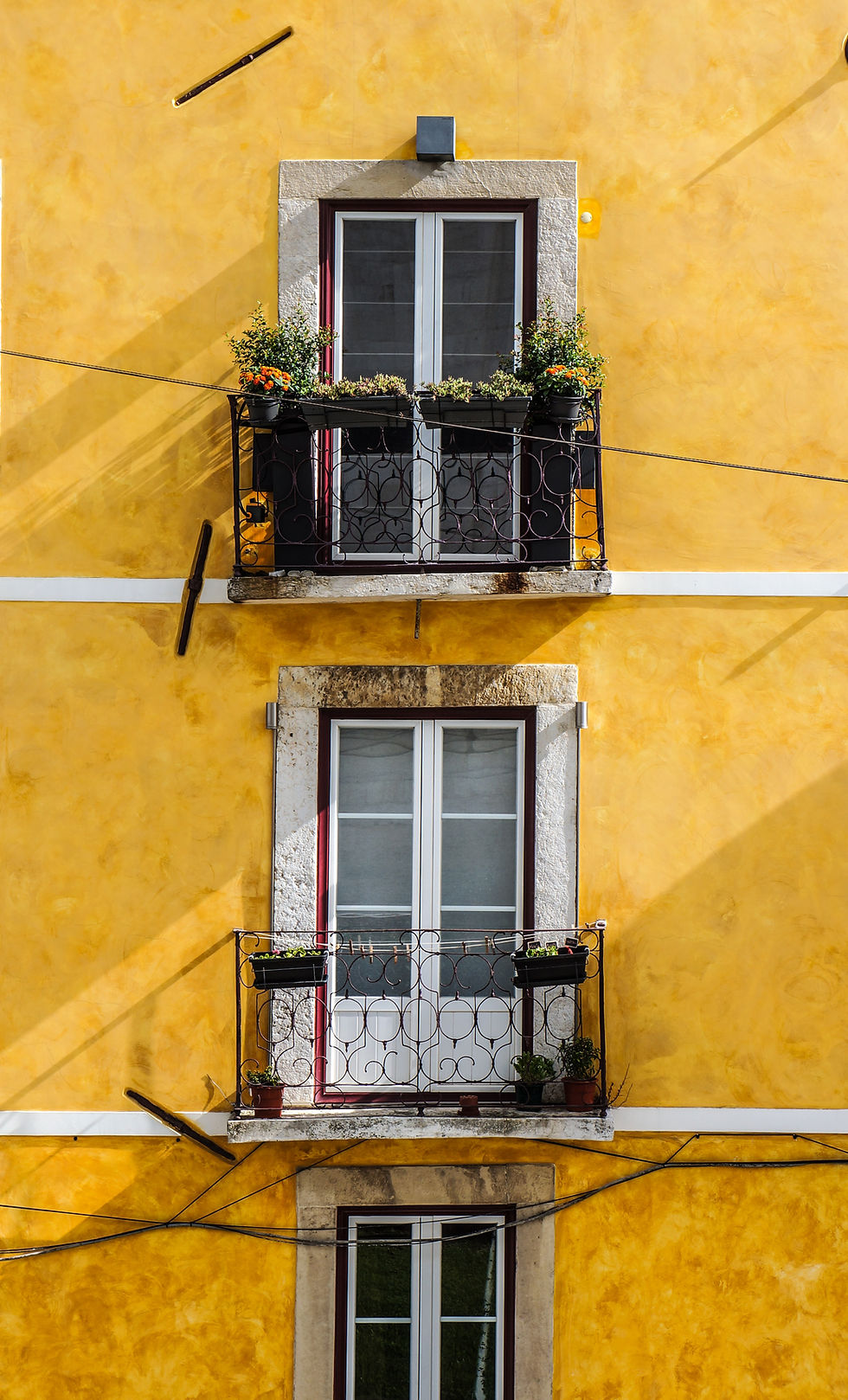It might be time for a little "Drainscaping"
- carla6727
- Sep 15
- 2 min read
Updated: Oct 7
The end of summer is coming with autumn in its wake.
Soon we’ll be dealing with rain, leaves, and mud.

Storm drains can get clogged with fallen leaves, grass clippings, mulch, and even trash or other debris. When the drain gets clogged, that can mean street flooding.
As we’ve been saying for years, “It may be time for a little Drainscaping.”
(That means keeping leaves and things out of the streets and ditches.)
Leaves and debris that fall from trees along streams are an important part of the food web, because they are food for the insects, which are food for the birds and fish, and so on...

However, grass and leaves coming from yards and parking lots add too many extra nutrients to the water, which causes too much algae to grow, which takes away the oxygen in the water that fish and other aquatic life need to live.


We must keep leaves and grass out of the streets and ditches!
Put leaves as mulch on garden beds, into the compost bin, or mow them into your lawn, but always away from streets and ditches!

Let's keep our water clean!

TIPS ON HOW TO KEEP STORM DRAINS CLEAN
Use a rake or pitchfork to clear limbs, leaves, and other debris from the drain. Don’t try to remove the grate. The best time to inspect the drain near your property is before a rainstorm. After the storm is over, maintain the openings well by clearing away any ice or other excess debris that has accumulated.
Take a moment to clean the storm drain inlets and ditches in your neighborhood. Make sure they are free of leaves, litter, and other debris that may inhibit proper drainage – particularly when rainy weather is headed your way.
Do not rake leaves, grass, or other organic refuse into the street or into a nearby ditch when doing yard work. These materials only end up blocking the drainage system. Furthermore, leaves and grass clippings reduce oxygen in the water (affecting fish) and add materials that would not otherwise get into the water system.
Do not clean driveways or sidewalks with a hose. Instead, sweep leaves, twigs, and grass clippings and place them in a compost pile or yard waste container. Otherwise, they may end up blocking the storm drainage system.
Do not dump trash or pollutants into ditches or drain inlets. Not only will these toxins clog the storm drain, they can severely damage local bodies of water.
If you inspect the drain and notice that there is debris or other objects under the grate that you cannot clear by yourself, contact the city and notify them that additional help is required.
When pollutants carried by stormwater enter the rivers and streams, they harm local water quality, public health, fish and wildlife, and recreation. Make sure garbage (including dog poop) is bagged and put in the trash can.



